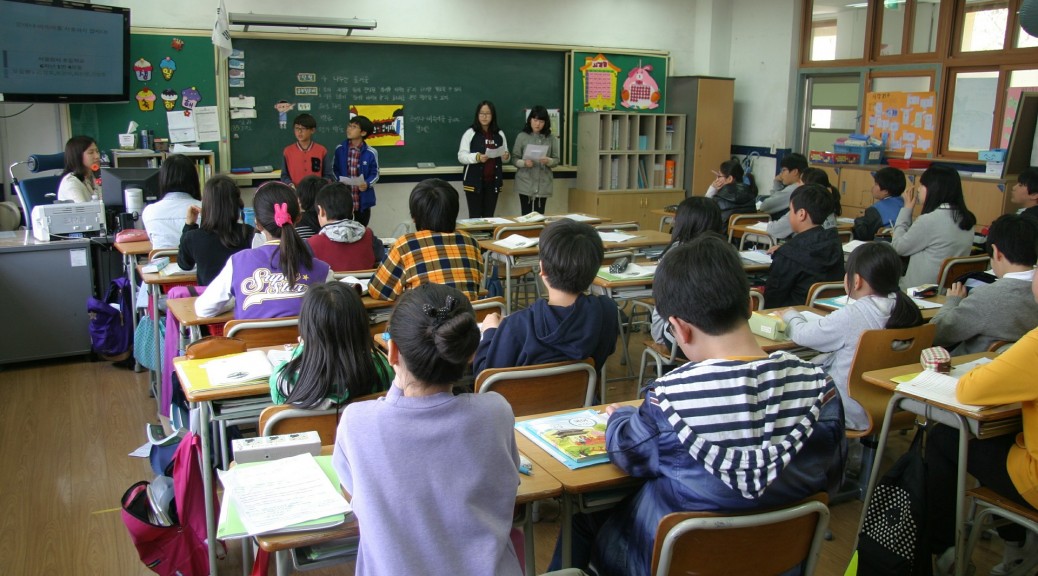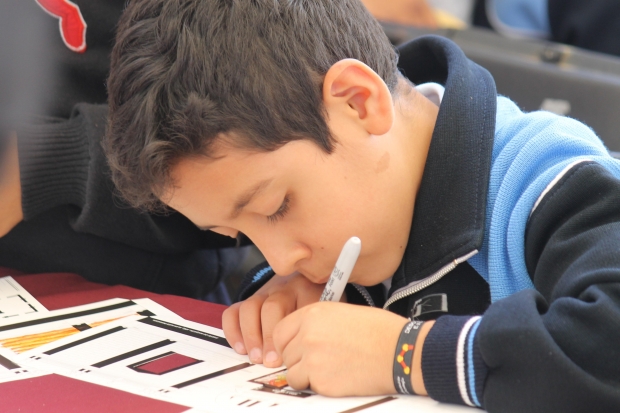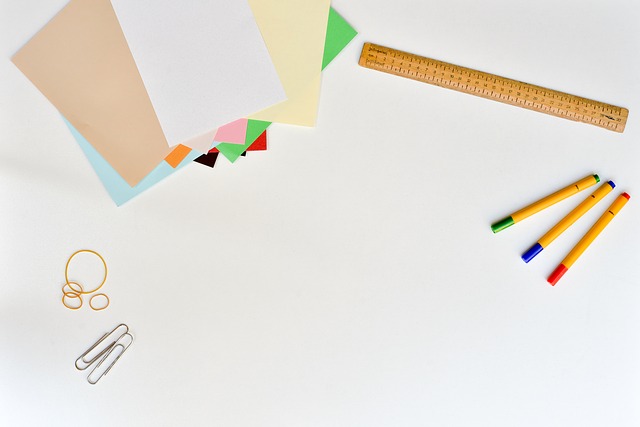If you’ve been thinking of sending your kids to a California coding class then you’ve likely wondered how to choose the right option. At CodeREV, we want every parent to know exactly how to determine the best coding classes for their kids. Here are some of the criteria we recommend you consider.
Are the classes designed by teachers?
It takes a special overlap of talents to create a unique program that will keep kids interested and impart the information that’s needed. We have struck the right cord by hiring creative folks, education folks, and educators who have decades of combined experience. We know how kids learn and we know what they need to know about coding.
What’s their reputation?
Before you choose a coding class, take a moment and simply search the company you’re considering. What do reviewers say about them? What have kids have to say about them? It’s likely unreasonable to find a company that’s never had a negative review but if you see the same complaint over and over again then it’s likely the company you’re considering isn’t the right fit.
Do they make learning fun or is it a chore?
One of the great things about teaching kids coding is that most kids are naturally drawn to it. They like technology, they like video games, and they like hands-on learning. All of this combines to create a love of coding pretty easily. However, some coding classes may rely too heavily on instruction rather than hands-on instruction. We always strive to keep kids involved and make it as fun as possible so they’ll look forward to coming to us for coding classes.
Does it offer a good value?
Teaching your kid to code can be one of the best investments you ever make. With most any job now relying on technology, teaching your kids the basics of coding is a great idea in and of itself, but when you consider that it also boosts confidence, improves problem solving, and teachers critical thinking skills, it’s easy to see that the value in coding classes is a long-term value.
If you have any questions about our classes, we encourage you to reach out to us. We offer both group classes and self-paced options. We are here to help your child find their love of coding and we hope you’ll trust us with this important work.








